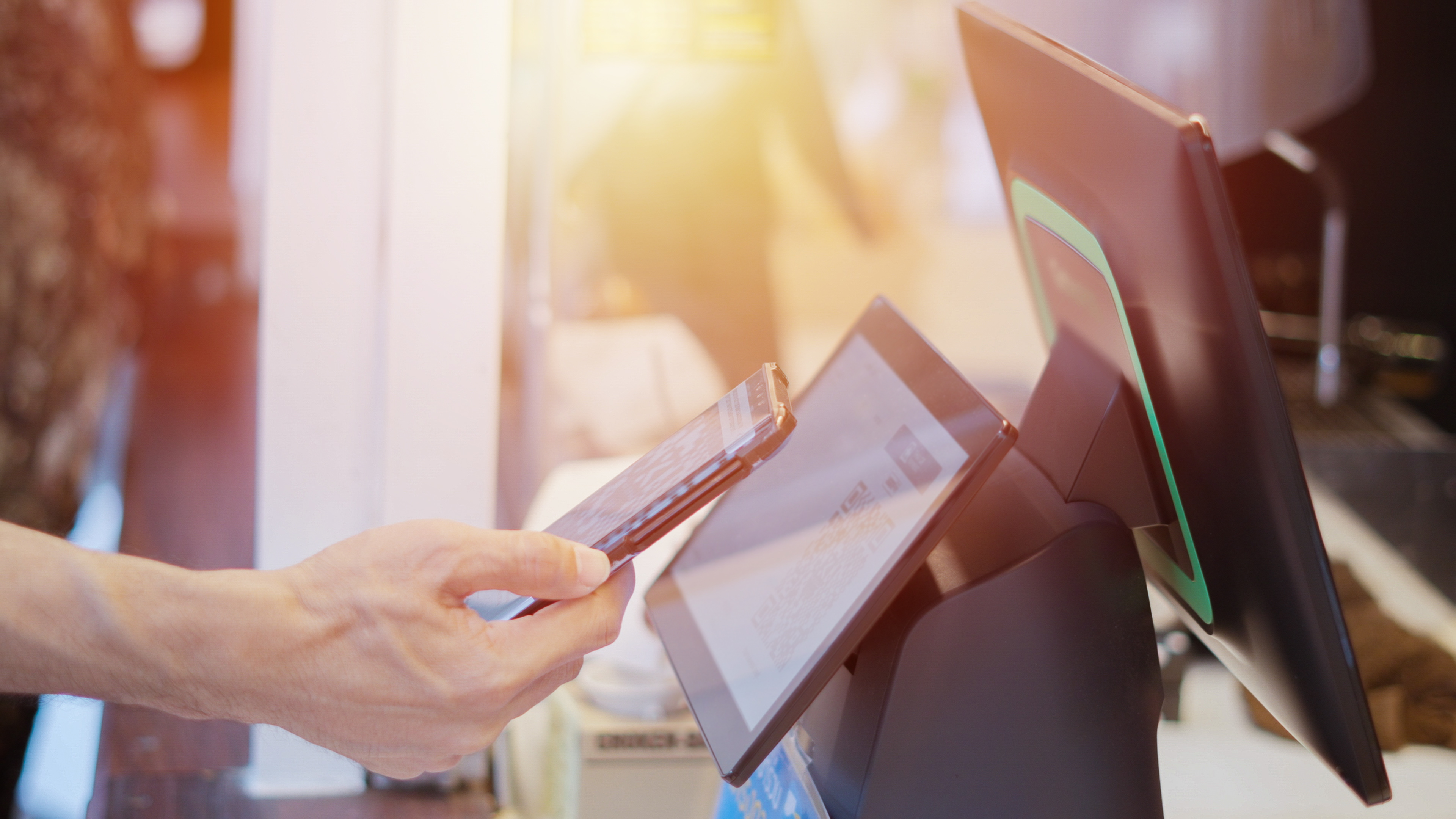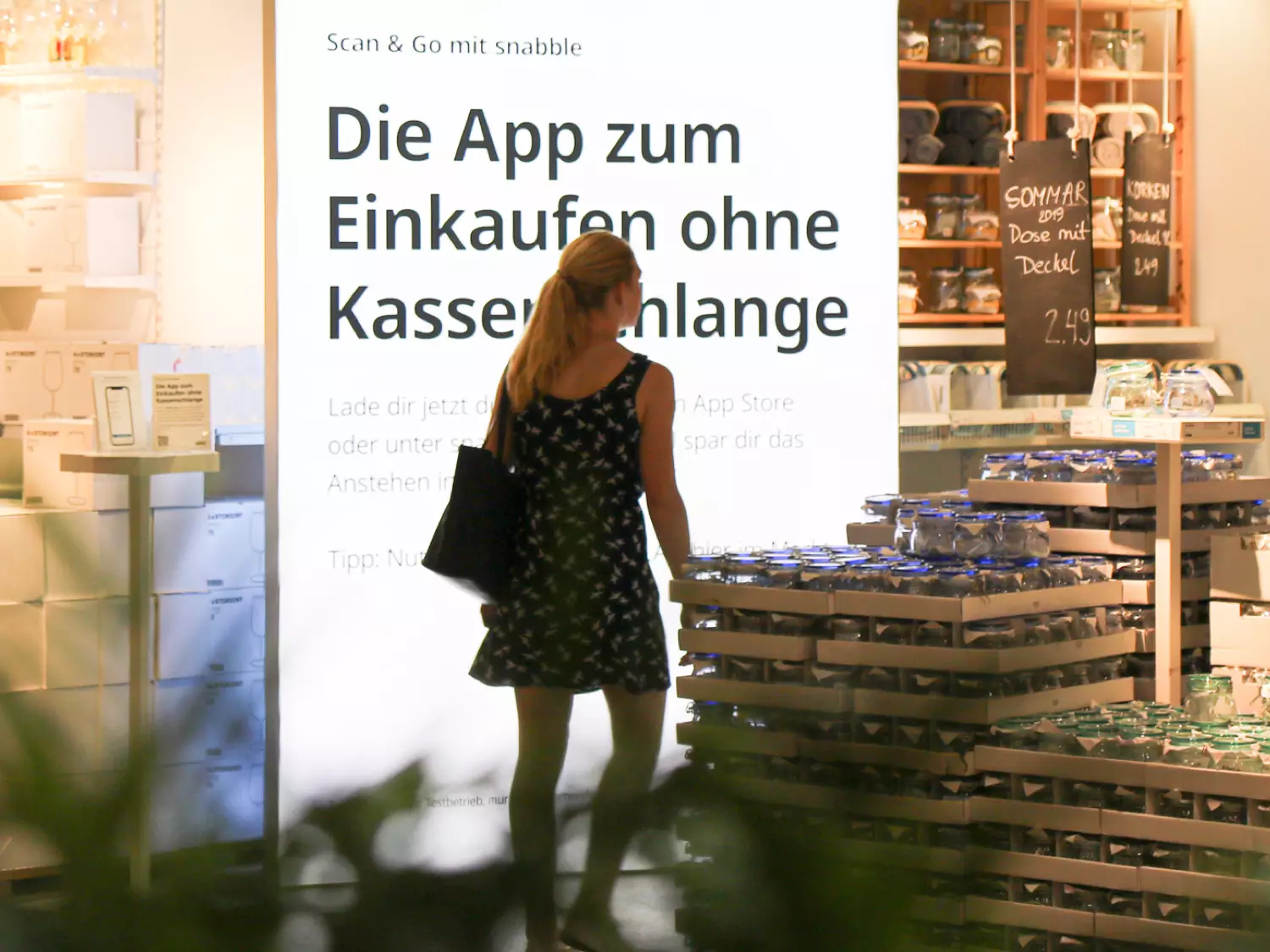The PoS Of The Future - No Touchpoint Without A Cash Register?
The title of this article is similar to the presentation Patrick Queisler gave at the EHI session "PoS Systems 2022". The feedback on the topic was great and made us realize the relevance for the retail industry. For those who could not attend the session, here is now an overview on the topic "PoS of the future - without checkout no touchpoint".
For those who would like to secure our presentation documents afterwards, they can be found here.
The Situation
The Study
The EHI session "PoS Systems 2022" was the perfect setting to lead a thought experiment about the point of sale of the future. The presented study shows that the use of mobile devices with checkout function as well as self-checkout systems are seen as the most important fields of action at the POS.
The main topics are the introduction and optimization of self-checkout options. All self-service variants will be further expanded in the future among the respondents. According to 59% of the study participants, self-checkout as a bring-your-own-device option is a particular focus. 86% of the participants confirm the thesis "Scanning and payment via the customer smartphone will come."
The Situation In Stores
For many retailers, the manned checkout is one of, if not the most important service and touchpoint during the in-store customer journey. Stereotypical employees:in the store floor are putting away new products, sorting or not even there to be found. They often don't contribute to improving customer service. If, according to the study, the manned checkout is eliminated due to increasing self-checkout options, the service and touchpoint is also eliminated.
But is that really the case?
Yes. The "manned checkout" touchpoint is eliminated. But in the eyes of customers, is this a touchpoint that would prevent them from shopping in a store?
The Customer Needs
To answer the previous question: No!
What customers really want is not so much a manned checkout. A PWC study shows that customers want friendly, present and attentive sales staff. It is important to 60% of respondents to receive neutral and honest advice. The study also shows that more than half of the respondents had to approach the sales staff themselves during their last purchase.
All this makes it clear that social contact and personal advice when shopping are the most important issues for customers. This is a strength of bricks-and-mortar retailing that online retailing cannot offer.
However, the survey also shows that it is precisely this strength that is not being played to the full and that retailers are unable to meet customers' expectations. The service quality of the manned checkout and the staff on the store floor is too low.
Opportunities Of Cashierless Concepts
Direct & Indirect Customer Service
In addition to the checkout process, cashiers must also provide customer service. If customers scan and pay themselves, staff can focus on customer care. The customer experience is improved by the high quality of customer care.
Customers who shy away from customer service and want to shop for themselves also benefit from the self-checkout experience.
Better Control Options
Self-checkout systems offer extensive control capabilities. They have analytics tools and statistics that can be accessed in real time. Store personnel use this data to gain a real-time overview of what is happening in the store.
Increased presence on the store floor also improves the control options.
Reducing The Workload Of Employees
Cashiering is often just one of many tasks performed by staff. Reducing the workload of employees can not only lead to a better atmosphere in the team, but also to a higher quality of advice.
Meeting Expectations
As already highlighted, customers expect more from bricks-and-mortar retail than it can offer today. Better customer care and digital services are among the top issues.
Self-checkout services can meet these customer expectations.
Conclusion
The existing concepts of stationary retailers require rethinking. After a long pandemic, shoppers want an incentive to find their way back to the stores. If they are disappointed in their search for personal advice, this could be reason enough to opt for other shopping options. The use of self-checkout can certainly make a big contribution to improving the service experience in this respect, provided staff are trained.
Share this
You may also like
These related stories

Transforming the POS - Cloud Platform and Legacy Systems

Insights: 300 Customers At IKEA About Their Experience With Snabble
